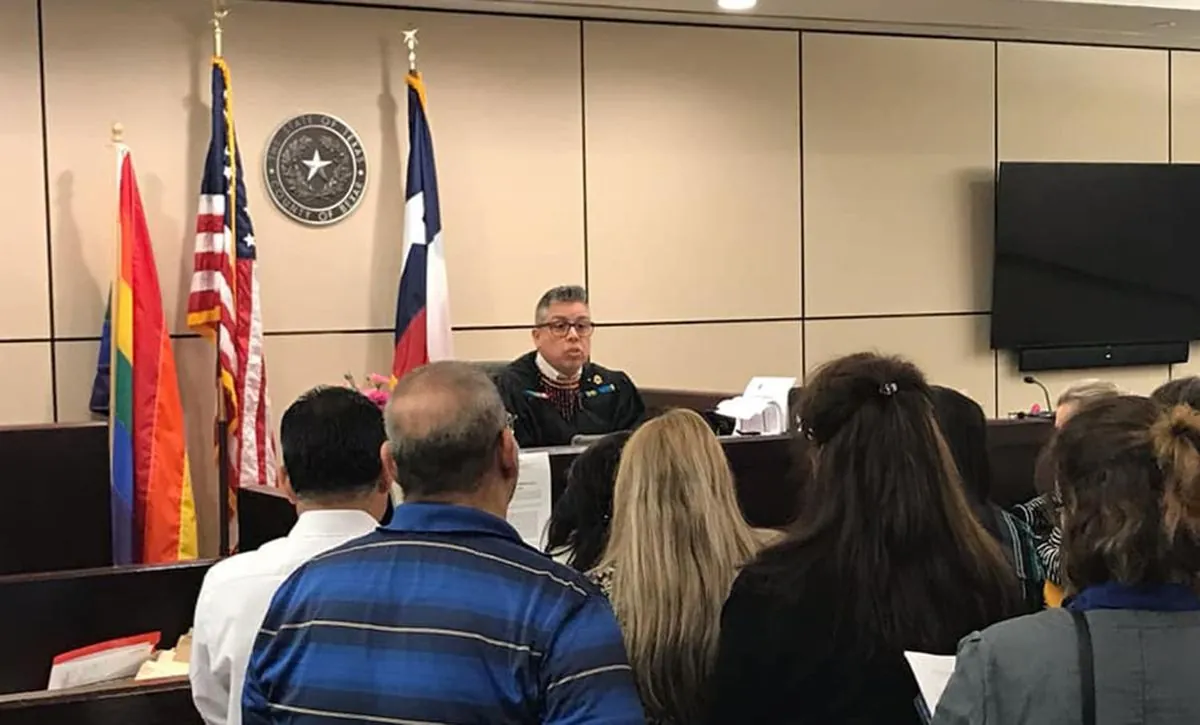In a bold move to combat escalating cartel violence, Mexico is contemplating the use of masked judges for organized crime trials. This proposal, recently added to a package of judicial reforms by outgoing President Andrés Manuel López Obrador, aims to shield judges from potential retribution by drug cartels.
The consideration comes in response to a surge in violence against law enforcement officials and judges since López Obrador assumed office in 2018. A particularly alarming incident occurred in December 2022, when Judge Roberto Elías Martínez was fatally shot in Zacatecas, a state grappling with high crime rates. Prosecutors allege that the assassination was orchestrated from within a prison by individuals whose cases the judge was overseeing.
The concept of "judges without faces" is not unprecedented. In the 1990s, Peru employed a similar system to try members of the Shining Path, a Maoist guerrilla group responsible for numerous killings of authority figures. However, this approach led to controversial outcomes, including miscarriages of justice that necessitated retrials.
The proposed reforms extend beyond masked judges, encompassing a broader overhaul of Mexico's judicial system. One contentious aspect is the suggestion to elect judges, a move critics argue could compromise judicial independence and potentially allow political influence over the courts.
These reforms have sparked concerns both domestically and internationally. The United Nations has cautioned that anonymous judges may infringe upon defendants' rights to due process. Additionally, the proposed changes have contributed to a decline in the value of the Mexican peso, reflecting investor apprehension about the rule of law in the country.
Ken Salazar, the U.S. Ambassador to Mexico, has taken the unusual step of publicly criticizing the reforms, labeling them a "threat to democracy." This statement has strained diplomatic relations, with López Obrador announcing a "pause" in relations with the United States and Canada in response to their questioning of the legal reforms.
"We are putting on pause relations with the United States and Canada."
It's worth noting that Mexico's judicial system, based on civil law with elements of common law, has been facing challenges in addressing organized crime. The country's war on drugs, initiated in 2006, has resulted in over 150,000 deaths, highlighting the complex nature of the problem.
As Mexico grapples with these proposed changes, it's crucial to consider the broader implications. The country, boasting the second-largest economy in Latin America, plays a significant role in regional and global trade. Any major shifts in its judicial system could have far-reaching consequences, potentially affecting its relationships with key trading partners like the United States.
The debate surrounding these reforms underscores the delicate balance between protecting the judiciary and maintaining the integrity of the legal system. As Mexico moves forward, it will need to carefully weigh the potential benefits of masked judges against the risks to due process and democratic principles.
